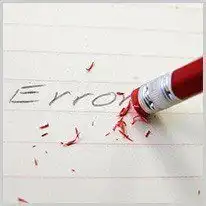Vocabulary
Learn Adverbs – Korean

함께
두 사람은 함께 놀기를 좋아합니다.
hamkke
du salam-eun hamkke nolgileul joh-ahabnida.
together
The two like to play together.

거의
거의 자정이다.
geoui
geoui jajeong-ida.
almost
It is almost midnight.

결코
결코 포기해서는 안 된다.
gyeolko
gyeolko pogihaeseoneun an doenda.
never
One should never give up.

지금
지금 그에게 전화해야 합니까?
jigeum
jigeum geuege jeonhwahaeya habnikka?
now
Should I call him now?

종일
어머니는 종일 일해야 합니다.
jong-il
eomeonineun jong-il ilhaeya habnida.
all day
The mother has to work all day.

왼쪽에
왼쪽에 배를 볼 수 있습니다.
oenjjog-e
oenjjog-e baeleul bol su issseubnida.
left
On the left, you can see a ship.

멀리
그는 먹이를 멀리 가져갑니다.
meolli
geuneun meog-ileul meolli gajyeogabnida.
away
He carries the prey away.

아침에
나는 아침에 일찍 일어나야 한다.
achim-e
naneun achim-e iljjig il-eonaya handa.
in the morning
I have to get up early in the morning.

오직
벤치에는 오직 한 남자만 앉아 있습니다.
ojig
benchieneun ojig han namjaman anj-a issseubnida.
only
There is only one man sitting on the bench.

올바르게
단어의 철자가 올바르게 되어 있지 않습니다.
olbaleuge
dan-eoui cheoljaga olbaleuge doeeo issji anhseubnida.
correct
The word is not spelled correctly.

아니
나는 선인장을 좋아하지 않아요.
ani
naneun seon-injang-eul joh-ahaji anh-ayo.
not
I do not like the cactus.

